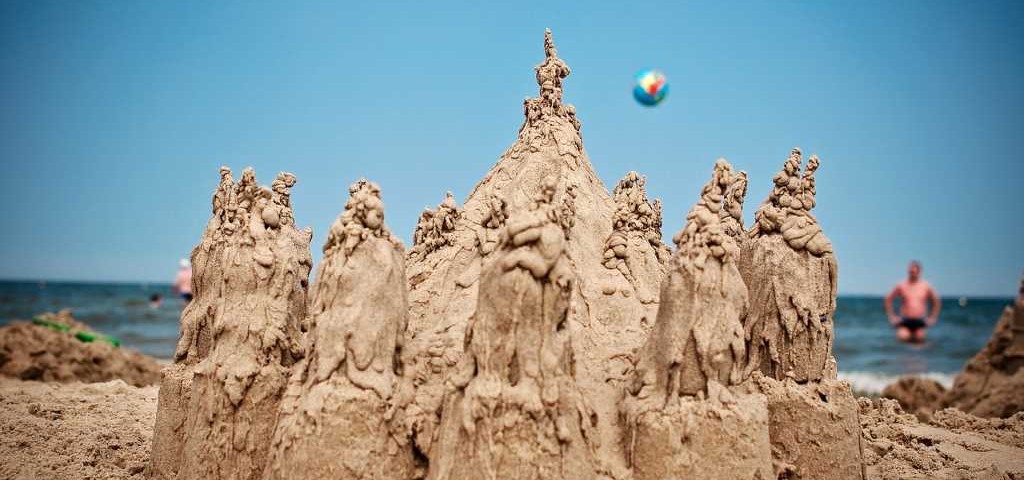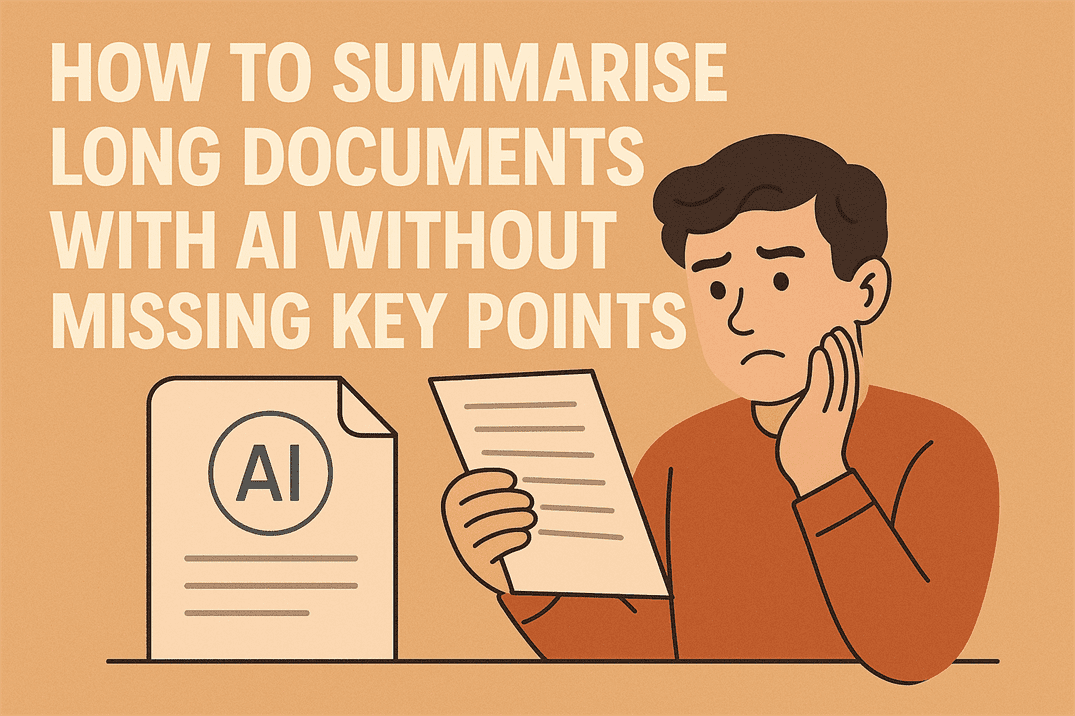What is Google Sandbox and how does it affect new websites?

What is the Google Sandbox and why should I care? This is a question I heard the other day and not for the first time.
I was talking to a web design client about registering a domain and leaving it with just a couple of landing pages before spending money on promoting it. He was puzzled and asked why I didn’t want to work with him on his content marketing. I explained that it wasn’t like that and that I wanted him to get something for his money.
That’s when I explained about the Sandbox.
What is it?
Google Sandbox is nothing new. It has been around for over ten years, yet most people have never heard of it. In fact, Google hasn’t officially told anyone about it, at least that I know of.
Essentially, the Sandbox is like a probationary period for new websites. If you register a new domain name and build a new website, it is likely to be put into the Sandbox for anything between one and six months. The exact time period is unknown, as are the reasons for the site being put there or being released from it.
It isn’t just new domains that can suffer the Sandbox effect. If you revitalise an old website and change the content and niche, it can also be put into the Sandbox. However, if you just update the content but keep the same niche, it won’t be. As far as we know anyway.
Why bother with a Sandbox?
The idea is to prevent blackhat SEOs and spammers from taking over search engine results. You may remember a few years ago when using search engines meant finding tons of pages that were nothing like what you were looking for but appeared at the top of the results. Many of these used blackhat SEO, i.e. cheats, to get to that position. The impact of this was that Google and other search engines began losing their appeal.
So they had to do something to clean up the internet. Google as the main search engine began making changes to filter out irrelevant websites. It made several changes to its algorithm to weed out these sites and make search engine results more relevant to your search term.
They also introduced the concept of the Sandbox. The idea was to prevent spammers launching massive websites that served no purpose but their own to dominate the results. The thinking was that if someone had to wait up to six months to see a return on their investment, only very few would have the means or the patience to do it.
The process used to be that a spammer would put together a huge site offline, buy lots and lots of links, insert hundreds of ads and then launch. The site would get to the top of the search engine results, make lots of money and then get banned for breaking Google’s Terms of Service. The spammer would change domain, rinse and repeat.
Google Sandbox stops that.
What can I do about it?
Essentially you can do nothing about your site being in the Sandbox or influence when it will be released. However, that doesn’t mean you ignore your website completely. Add valuable content, build a community and grow the site as usual. You can accept incoming links too if you like.
The only thing you won’t be able to do is make money from advertising on the site if that is your intention. Neither will you rank very highly for your main keywords, although some of your minor ones may still do well.
Once released from the Sandbox, you will begin that long road to the top of the search engines as normal. That’s when the real work begins!



